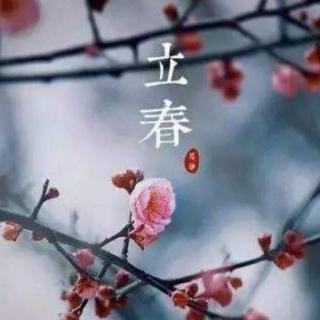
介绍:
立春节气是二十四节气的第一个,“四立节”之一,象征着春天的开始,也是四季更替交换的重要存在,有着重要的意义。而在古代没有引进阳历纪元时,人们甚至是以立春节气作为新年、春节的存在,所以立春节气才会被称为“岁首、岁节”,因此现在人们过年的时候会说“迎新春,除旧岁”,其实就是中华文化的传承。
The start of Spring Festival is the first of the solar term, one of the "four independence festivals" , symbolizing the beginning of spring, is also the important existence of the exchange of the four seasons, has important significance. In ancient times, when the solar era was not introduced, people even took the start of Spring Festival as the New Year and the Spring Festival, so the start of Spring Festival was called the "year of the first year, the year of the year. " Therefore, people now say "welcome the New Year, except the old year" , in fact, is the heritage of Chinese culture.
因为立春位于二十四节气之首,大家十分重视这个节气,那么立春的习俗大家有了解多少呢?最初文字记载形成于周代,是古代重要的祭祀节日,民谚有一年之计在于春的说法在这一天,要举办鞭春之礼意在鼓励农耕,发展生产而在后世,城里不在举行,而在农村却有打春牛的风俗在立春当天,村里也会推选一位老者,用鞭子象征性的打春牛三下,意味着一年的农事正式开始 除此之外,中国民间还讲究吃萝卜称之为咬春
Since the beginning of spring is located at the head of the solar term, people attach great importance to this solar term, so how much do you know about the customs of the beginning of spring Originally written accounts of the formation of Zhou Dynasty, is an important ancient festival of sacrifice, the people have a plan for a year in the spring saying.On This Day, to hold the whip spring ceremony is intended to encourage farming, development and production in future generations, the city is not held, but in the countryside there is the custom of beating spring cattle.On the day of the start of spring, the village also elects an old man, who beats the ox three times with a whip symbolically, signifying the official start of the year's farming. In addition, Chinese people also pay attention to eating turnips and call them Yaochun.
大家还在听

